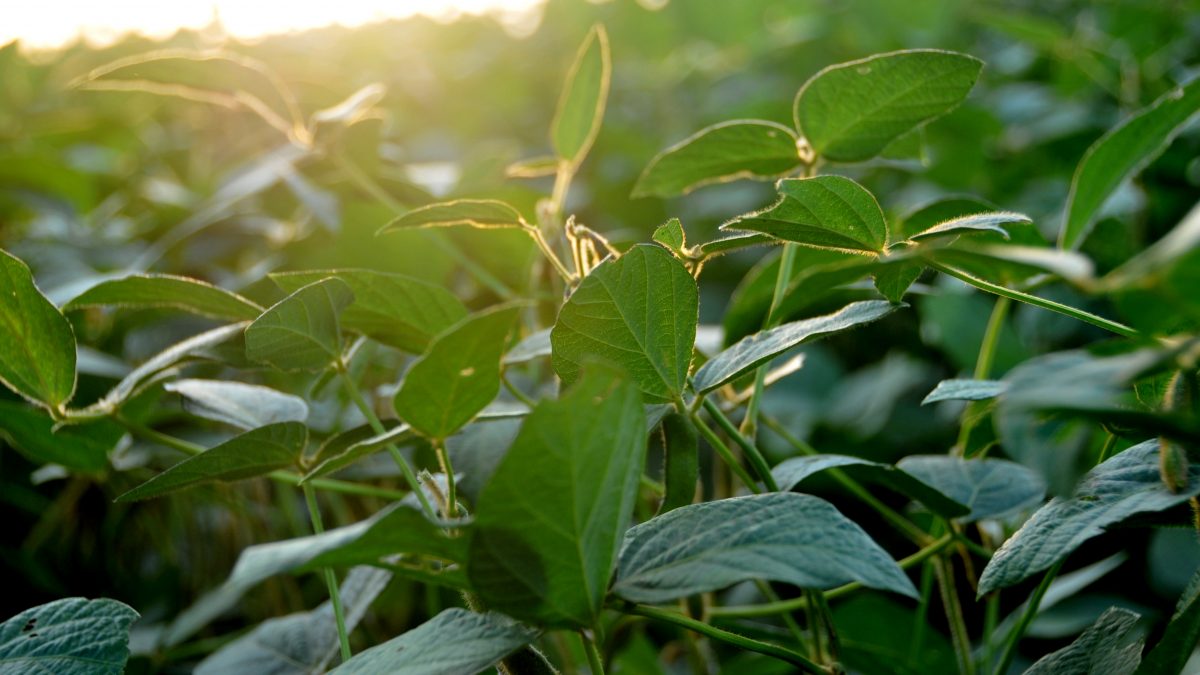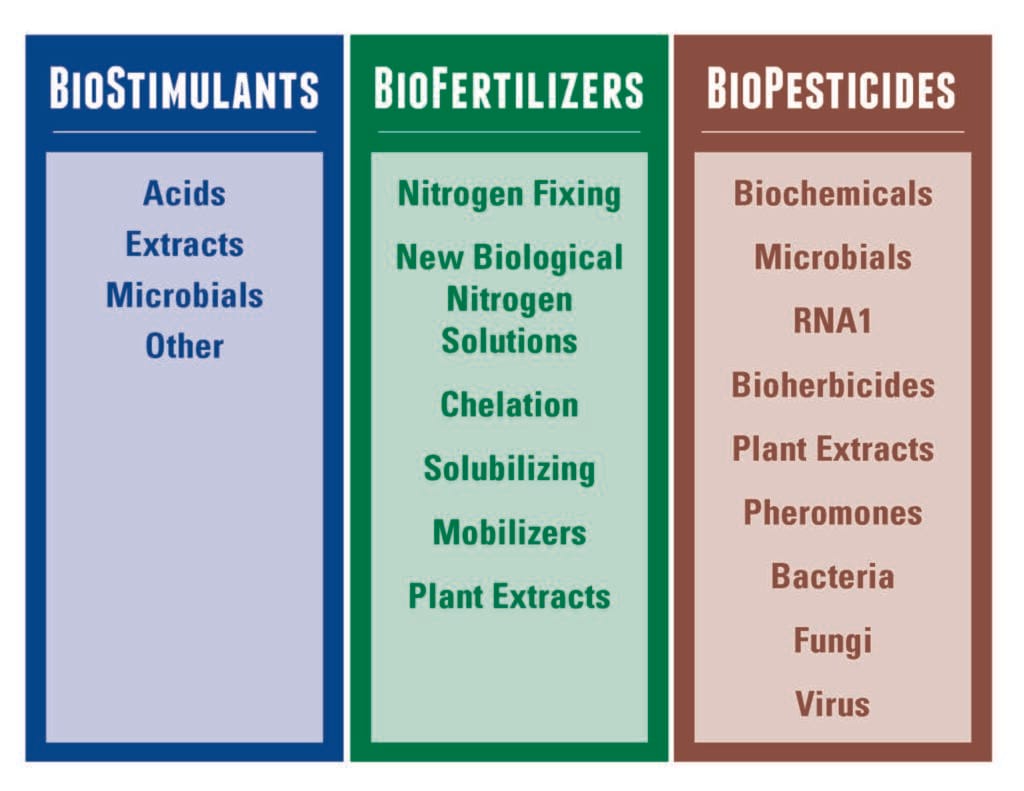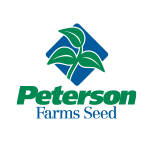Biologicals Now and in the Future

Agricultural biologicals are all the buzz now, but what are they? Categorizing different types of biologicals will decipher what these products are and how they work.
Biologicals can be broadly divided into three categories: biostimulants, biofertilizers, and biopesticides.

BioStimulants
Biostimulants are substances or microorganisms that enhance nutrient uptake, stress tolerance, or increase crop quality regardless of their nutrient content. These could include humic and fulvic acids, seaweed extracts, bacteria and fungi, proteins, amino acids, plant-growth regulators and many others.
BioFertilizers
Biofertilizers have recently garnered significant interest in the market with their ability to provide micronutrients or macronutrients like nitrogen. A tried-and-true example of this would be Rhizobium sp. as an inoculant for soybeans. Another example would be bacterial products that can chelate iron to make it available to soybeans early in the season and reduce the effects of IDC.
Recently, there has been a forward leap in the nitrogen market of biofertilizers. Some bacterial products have stated on their label the ability to reduce 40lbs of synthetic nitrogen in your fertility program on corn, also resulting in the same yield. Forty to fifty pounds is a significant portion of a corn crop’s nitrogen. Eventually, these products may produce even 80-100 lbs! Can you imagine if we were able to supply 100 lbs of N to a crop, without the risk of loss to denitrification and leaching?
BioPesticides
Biopesticides are also having a resurgence with newer products entering the market. One of the most well known biopesticides was introduced way back in 1958, Bacillus thuringiensis or “BT”. BT is a bacterium that disrupts the digestive system of many but not all insects. BT was originally used as a foliar product and later introduced as we know it today as a gene inserted into corn hybrids to create BT corn.
This category has many subcategories, including plant extracts, pheromones, bacteria, fungi and viruses. Traditional synthetic pesticides, like fungicide seed treatments, protect the plant initially and then degrade over time, but new microbial fungicides may last much longer because they are a living product and will grow with the plant into maturity.
There have been many types of biological products in the marketplace over the years. Research and development have made great improvements, leading us to more reliable biological products that are gaining more credibility than ever before.
The biological industry is a large and confusing market, but there are products coming that could change the way we think about seed treatments, pesticides and our fertility program on the farm.











